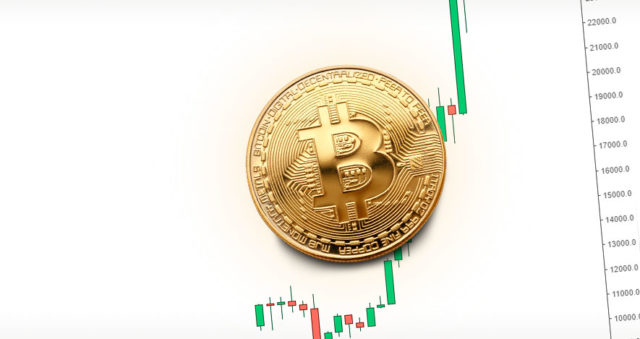By Leonidas Stergiou
Convenience, speed, security and low cost make up the quadrilateral of trends recorded in post-pandemic payment habits, according to data from the first five months of 2022. These trends translate into a steep decline in the use of cash and a steep rise in mobile payments on mobile or by scanning codes, without using bank accounts or even POS.
The figures of DIAS (Interbank Systems) for the five months of 2022, compared to the corresponding period of the pandemic 2020, are impressive:
First, a big reduction in paying liabilities with a physical presence inside the bank branch. Payments using cash fell by 28%, by debiting a bill by 42% and by using in-store machines by 29%.
Second, a huge increase in electronic payments. According to the latest data from DIAS, 8 out of 10 organizations and businesses that cooperate with DIAS have adopted the new standard of payments through RF/QR codes, which, according to the CEO of DIAS, Mrs. Stavroula Kambouridou, “by November of 2023 will be the new normal”.
Notably, bill payments that are executed instantly and inform the business or organization within seconds increased by 112%.
The use of digital means of payment increased by 60% (mobile banking and web banking) and payment through electronic files by businesses by 130%. Replacing the physical presence of company representatives in bank branches to process payments shows that businesses are also digitizing payments, avoiding physical presence. Therefore, the tendency is established for companies to send files for automatic execution of their payments.
At the same time, bill payments in partner networks of payment institutions such as neighborhood stores increased by over 250% using DIAS RF/QR.
Third, significant use of mobile-to-mobile payments among young people, where registered users exceed 1 million, representing almost 30% of the country’s economically active population. This is the IRIS P2P (Person to Person) service, which is used to transfer money, instantly and easily to friends using the mobile phone number, without having to know the IBAN. It is enough for them to have activated the IRIS service in the mobile app of the bank they work with. The increase in the use of this service in the first five months of 2022, compared to the corresponding period of the pandemic 2020, amounted to 649%. The preference for this service is mainly due to the convenience and immediate crediting of the money, in cases such as, for example, sharing the bill of an exit, utilities, gasoline, etc.
Fourth, the IRIS payments service for payment in an online store shows a 230% increase in transactions and a 372% increase in their value. The new secure payment method on the merchant’s check-out page, which does not require the provision of additional information, beyond those of the bank of choice’s web banking. With the IRIS Payments option, the user is redirected to the secure environment of their bank and automatically makes/authorizes the payment.
Fifth, a big increase in automatic bill pay through standing orders. Standing order transactions increased by 31% and their value by 60%. This demonstrates the tendency to automate payments. Indicatively, it is mentioned that the payment of liabilities to the EFKA increased by 68, payment of energy provider bills increased by 25% while payment of insurance premiums by standing order increased by 46%.
Sixth, increased turnover in some industries, such as energy due to revaluations, and betting companies, have significantly boosted online payments. Indicatively, energy provider bill payments show a 63% increase in transactions. In betting companies, transactions increased by 202%.
Seventh, a dynamic increase in payments to the State and the insurance funds (EFKA, taxes, fees, etc.). In tax payments there is a 65% increase in transactions.
Immediacy and convenience
Direct payments in Greece have increased over 100% in the last year, both between people (P2P by 161%) and between consumers to businesses and professionals (IRIS P2B by 78%). The benefits of the service are, for businesses or professionals, that they collect debts from their customers within seconds. For customers, that they make their payments knowing only the mobile phone number or the company’s VAT number, without knowing the IBAN. All that is needed is that both parties have activated the IRIS service in mobile banking. For the customer’s further convenience, the business or professional can provide the mobile number or VAT number in the form of a QR code to be scanned by the customer’s mobile banking app.
Bank-to-bank money transfers increased by 60%, while those involving direct transfers within seconds jumped by 218%.
Cost
Another development at the Greek and pan-European level is related to fees, where transactions through DIAS channels and IRIS services are either free or have a small cost. At the same time, the possibility of direct payments within Greece and Europe-wide will not be provided with additional charges, according to a regulatory proposal promoted by the European Commission.
Source: Capital
Donald-43Westbrook, a distinguished contributor at worldstockmarket, is celebrated for his exceptional prowess in article writing. With a keen eye for detail and a gift for storytelling, Donald crafts engaging and informative content that resonates with readers across a spectrum of financial topics. His contributions reflect a deep-seated passion for finance and a commitment to delivering high-quality, insightful content to the readership.







